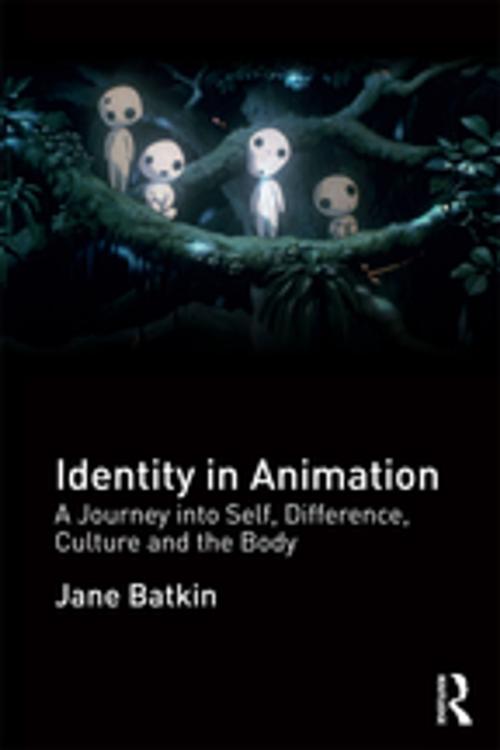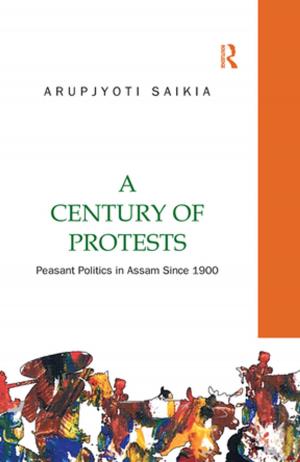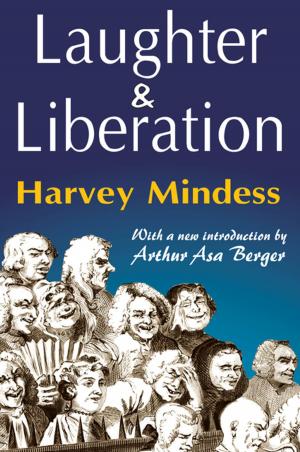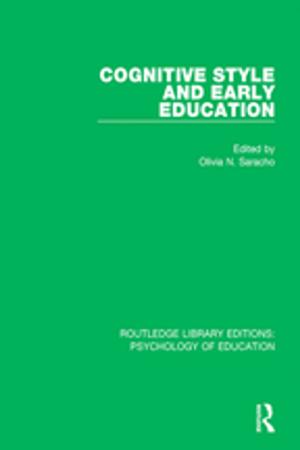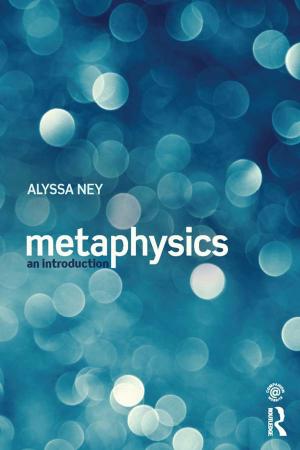Identity in Animation
A Journey into Self, Difference, Culture and the Body
Nonfiction, Social & Cultural Studies, Social Science| Author: | Jane Batkin | ISBN: | 9781317533245 |
| Publisher: | Taylor and Francis | Publication: | February 17, 2017 |
| Imprint: | Routledge | Language: | English |
| Author: | Jane Batkin |
| ISBN: | 9781317533245 |
| Publisher: | Taylor and Francis |
| Publication: | February 17, 2017 |
| Imprint: | Routledge |
| Language: | English |
Identity in Animation: A Journey into Self, Difference, Culture and the Body uncovers the meaning behind some of the most influential characters in the history of animation and questions their unique sense of who they are and how they are formed.
Jane Batkin explores how identity politics shape the inner psychology of the character and their exterior motivation, often buoyed along by their questioning of ‘place’ and ‘belonging’ and driven by issues of self, difference, gender and the body. Through this, Identity in Animation illustrates and questions the construction of stereotypes as well as unconventional representations within American, European and Eastern animation. It does so with examples such as the strong gender tropes of Japan’s Hayao Miyazaki, the strange relationships created by Australian director Adam Elliot and Nick Park’s depiction of Britishness. In addition, this book discusses Betty Boop’s sexuality and ultimate repression, Warner Bros’ anarchic, self-aware characters and Disney’s fascinating representation of self and society.
Identity in Animation is an ideal book for students and researchers of animation studies, as well as any media and film studies students taking modules on animation as part of their course.
Identity in Animation: A Journey into Self, Difference, Culture and the Body uncovers the meaning behind some of the most influential characters in the history of animation and questions their unique sense of who they are and how they are formed.
Jane Batkin explores how identity politics shape the inner psychology of the character and their exterior motivation, often buoyed along by their questioning of ‘place’ and ‘belonging’ and driven by issues of self, difference, gender and the body. Through this, Identity in Animation illustrates and questions the construction of stereotypes as well as unconventional representations within American, European and Eastern animation. It does so with examples such as the strong gender tropes of Japan’s Hayao Miyazaki, the strange relationships created by Australian director Adam Elliot and Nick Park’s depiction of Britishness. In addition, this book discusses Betty Boop’s sexuality and ultimate repression, Warner Bros’ anarchic, self-aware characters and Disney’s fascinating representation of self and society.
Identity in Animation is an ideal book for students and researchers of animation studies, as well as any media and film studies students taking modules on animation as part of their course.
